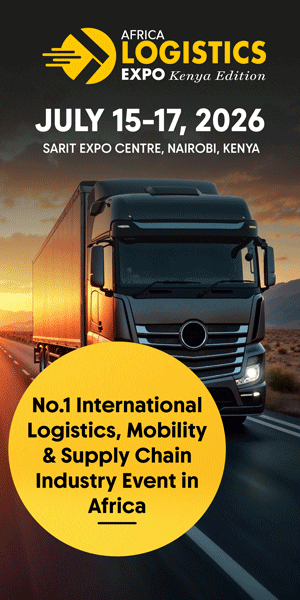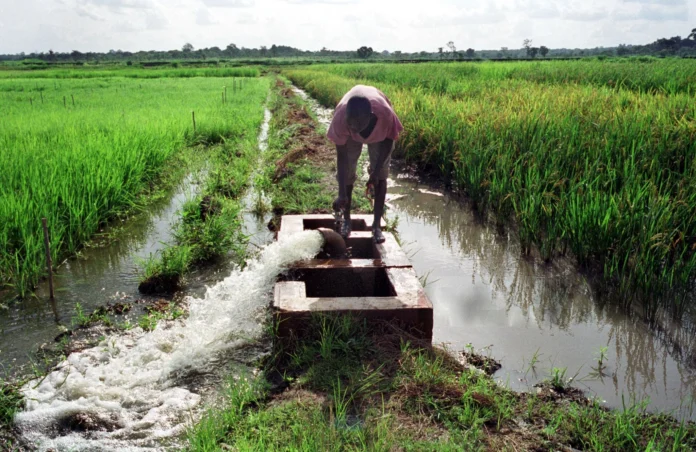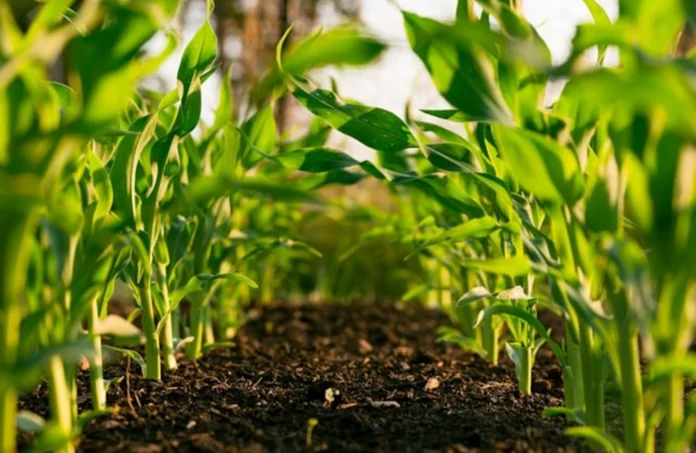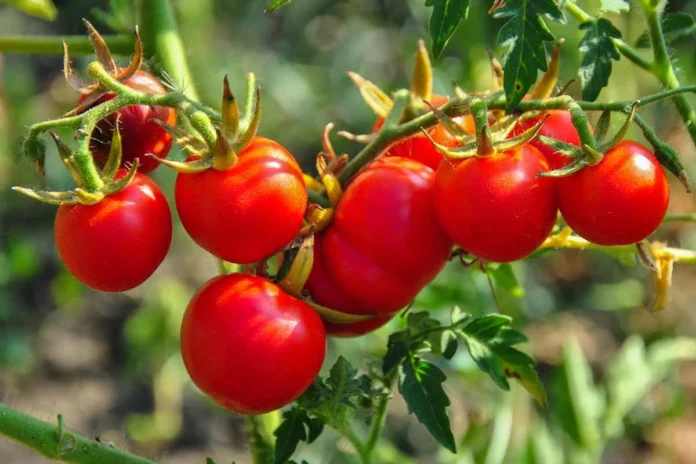Algeria Opens Door to Modern Agriculture and Economic Reform, Says President Tebboune
Algiers – President Abdelmadjid Tebboune has declared that Algeria has the capacity to achieve self-sufficiency in several strategic sectors, pledging to transform agriculture into a key pillar of the national economy. Long treated primarily as a social sector, agriculture is now being repositioned as a driver of economic growth, food security, and export potential, the president said during a televised interview broadcast Friday evening on national television and radio.
Tebboune emphasized that the “door is open” to a modern, science-based agriculture capable of meeting domestic needs while channeling surplus production toward international markets.
Toward Grain Self-Sufficiency
Highlighting progress made in recent years, the president said Algeria has taken “major steps” toward self-sufficiency, particularly in wheat production. National initiatives, combined with innovative partnerships with Italy, Qatar, Saudi Arabia, and other countries, have accelerated this effort.
Tebboune reiterated his commitment to making Algeria self-sufficient in durum wheat, stressing that preliminary results from the latest harvest season suggest the target is within reach. The government has mobilized significant resources to support farmers, though challenges remain, including the fact that some producers have not delivered their entire harvest to state collection centers.
To address this, Tebboune instructed the agriculture minister to conduct a comprehensive census to ensure wheat is not diverted to parallel markets. He noted that a final assessment of the harvest will take time, given the vastness and geographical dispersion of cultivated areas.
Milk Production and Strategic Partnerships
The president also drew attention to the “Baladna” project, a joint initiative with Qatar aimed at producing milk powder domestically. The project, expected to be completed by the end of 2028, is designed to reduce Algeria’s dependence on imported dairy products.
Beyond meeting domestic demand, the project is expected to create jobs, expand cattle farming, and pave the way for similar ventures with partners in Italy and Saudi Arabia. “This is not only about food security,” Tebboune said, “but also about opening new prospects for investment and diversification of our agricultural base.”
Supporting Start-Ups and African Leadership
Turning to entrepreneurship, Tebboune reaffirmed Algeria’s ambition to play a leading role in Africa by supporting innovation and young entrepreneurs. He cited the launch of an African fund to finance start-ups, announced during the fourth Intra-African Trade Fair (IATF) held in September 2025.
“Some African countries lack the resources to support their youth. Algeria does not wish to deprive the continent of the capacities it possesses in training and wealth creation,” he said. The government has already backed 30 African start-ups, which he noted “costs us little but has a big impact.”
At home, Algeria’s start-up ecosystem has expanded rapidly. Over the past few years, the number of recognized start-ups has risen from 200 to more than 10,000. Some are now listed on the stock exchange, while others are contributing directly to industrial development, particularly in the automotive sector.
Balancing Imports and Domestic Production
Addressing economic management, Tebboune dismissed suggestions of austerity, stressing that imports remain necessary to fill gaps not yet covered by local production. The challenge, he explained, lies in striking the right balance between imports and domestic output, a process that requires robust digitalization of the economy.
“Digitization is the only way to protect the country,” he said, adding that the government expects to achieve significant progress by the end of the year. While acknowledging disruptions in the supply of some goods, he insisted there was no situation of shortage.
Strengthening the Dinar and Controlling Inflation
A central theme of the president’s remarks was the value of the Algerian dinar. Tebboune underlined that stabilizing and strengthening the currency depends on controlling inflation and ensuring fair market prices. He also spoke of the need to eliminate what he called the “parasite dinar,” referring to money circulating outside formal banking channels.
Electronic payments, he said, are critical to this strategy, though implementation faces “fierce resistance.” The hoarding of cash outside banks, combined with under-declared property transactions, fuels inflation and harms the middle class, he argued.
Efforts are underway to tackle these practices, including stricter regulations on cash payments in real estate transactions and harsher penalties for false property declarations. “This is a political battle: to be a state, or to let criminal networks run the state,” Tebboune said firmly.
He emphasized that reforms to promote non-cash payments, such as cheques and electronic transfers, are on track, and he vowed that the government would not back down in its push to modernize financial transactions.












